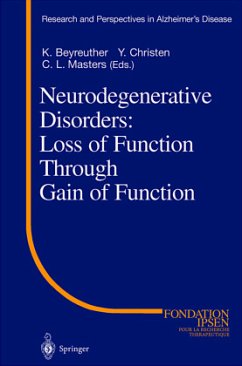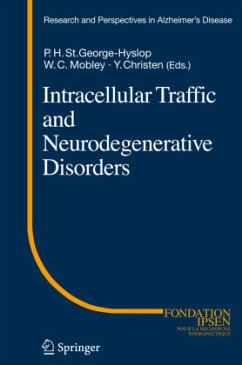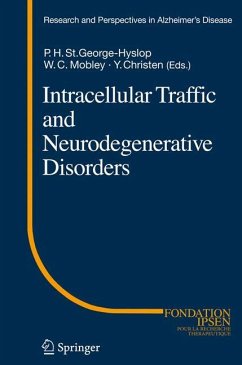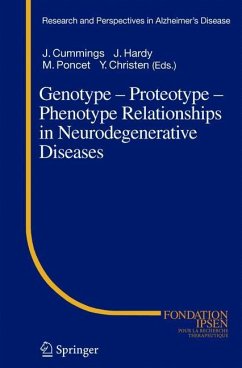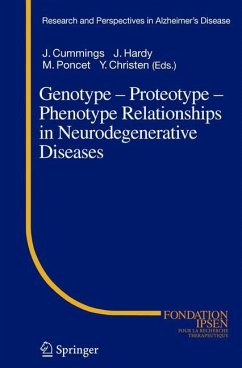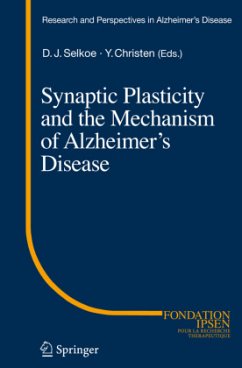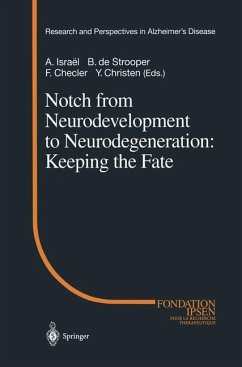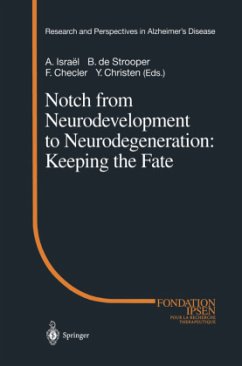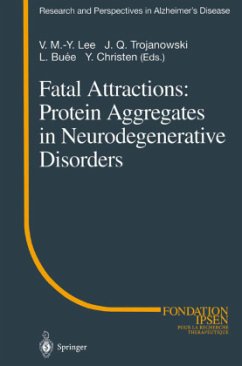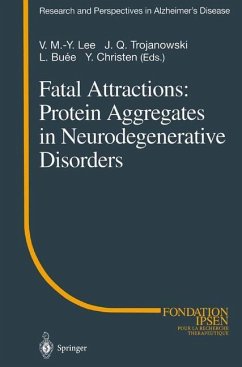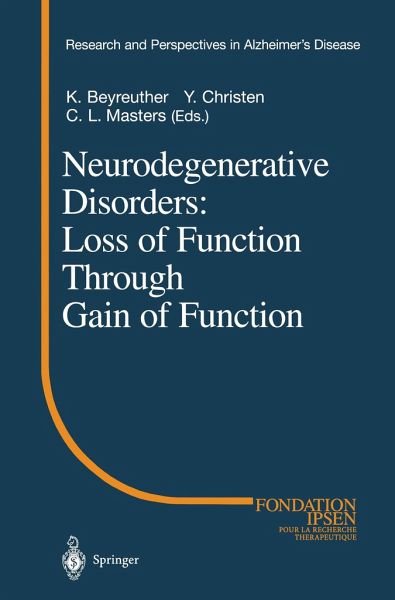
Neurodegenerative Disorders: Loss of Function Through Gain of Function

PAYBACK Punkte
58 °P sammeln!
A fundamental change is occurring in the understanding of the major neurodegenerative disorders. Protein aggregation is a common emerging theme in diseases as diverse as Alzheimer's, Creutzfeld-Jakob, Parkinson's, and amyotrophic lateral sclerosis. If valid, then a small number of diagnostic and rational therapeutic strategies will emerge over the next few years, based on the common theme of modulation of the production, turnover and deposition of these aggregating proteins. The book provides insights into the cellular and animal models of these diseases, and how the molecular basis of neurode...
A fundamental change is occurring in the understanding of the major neurodegenerative disorders. Protein aggregation is a common emerging theme in diseases as diverse as Alzheimer's, Creutzfeld-Jakob, Parkinson's, and amyotrophic lateral sclerosis. If valid, then a small number of diagnostic and rational therapeutic strategies will emerge over the next few years, based on the common theme of modulation of the production, turnover and deposition of these aggregating proteins. The book provides insights into the cellular and animal models of these diseases, and how the molecular basis of neurodegeneration has become the preferred target of therapy.



